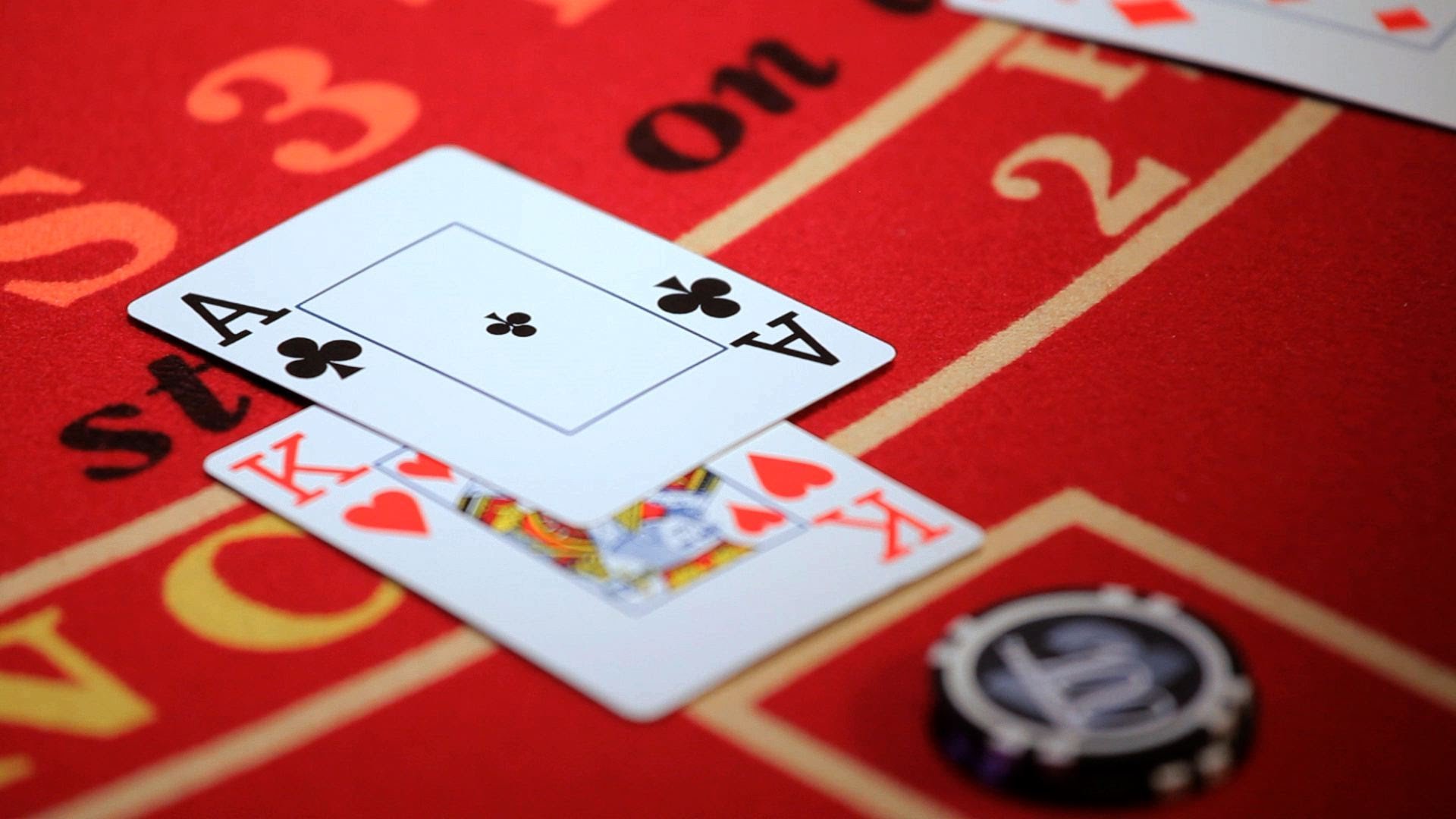
In blackjack, the player and the dealer are each dealt two cards. The object for both player and dealer is to try to get their hand as close to or equal to twenty-one without going over. Between the dealer and the player, the hand that gets closest to twenty-one without going over wins the bet. If the first two cards dealt in a hand equal 21 the hand is referred to as “Blackjack” or a “Natural”. In blackjack, you are competing only against the dealer, not against the other players. If either player or dealer goes over 21, they have busted and automatically lose.
In casinos, black jack is either a hand-held or a shoe game. In hand-held games the dealer deals one or two standard 52-card decks to the players. The casino edge is usually lower in hand-held games. In shoe games, four, six, or eight decks of cards are placed inside the shoe and dealt from the “shoe”, which holds the cards. The casino edge is usually higher in shoe games because of the increased number of decks used, making the cards dealt more random.
-
Card and Hand Values
Each card has a value that contributes to the total value of a hand. Aces can be counted as either 1 or 11, face cards (jacks, queens, and kings) are counted as 10, and all other cards are counted as their face value (a 2 is worth 2, a 3 is worth 3 and so on). So, if you have a hand containing a 5 and a King, your hand is worth 15. An ace and a 2 is worth either 3 or 13, and a 4, 5, and a Jack is worth 19.
Because an ace can be counted as either a 1 or 11 a hand that includes an ace is called a soft hand. Whenever a hand is dealt that contains an ace (before any more cards are dealt to that hand) the hand is a soft hand. If a hand does not contain an ace or if the ace cannot be counted as 11 without making the hand value go over 21 the hand is referred to as a hard hand. -
Playing the Game
Once the original hand of two cards is dealt, the player has several options. The player can Hit (take another card), Stand (stay with the current hand), Split (split a pair into two independent hands), Double (double your initial wager and take one and only one more card), Surrender (surrender half of your wager instead of playing out the hand), or take Insurance (a side bet allowed when the dealer has an ace to protect the player against a dealer blackjack). Not all casino blackjack games offer the double, surrender, or insurance options. The decision on which option to choose can be influenced by your hand value, the value of the dealer’s face card, the number of decks in the game and even which cards have been played since the last shuffle of the stack.
-
The Dealer’s Hand
The dealer does not have the freedom to make decisions. They must follow the openly declared rules of the casino or the table at which they are dealing. The most common rule is “Dealer must draw to 16 and stand on all 17’s”. This means that the dealer is required hits his hand until it totals at least 17 (soft or hard). Some casinos play under the “Dealer hits soft 17’s” rule in which the dealer hits his hand until it totals a hard 17 or higher or a soft 18 or higher.
-
Pay Out
A blackjack or natural pays the player 3 to 2. If the player succeeds in getting closer to 21 than the dealer (without going over) the casino pays the player 1 to 1 on the original wager. Insurance (if offered and taken) pays 2 to 1. If the player’s hand equals the dealer’s hand the turn is referred to as a “push” and the player’s wager is returned. If the player goes over 21 (bust) or the dealer’s hand is closer to 21 without going over, the wager is lost. Since the player always plays out their hand before the dealer does, the casino wins if both dealer and player bust because the player’s wager is taken as soon as they exceed 21.
